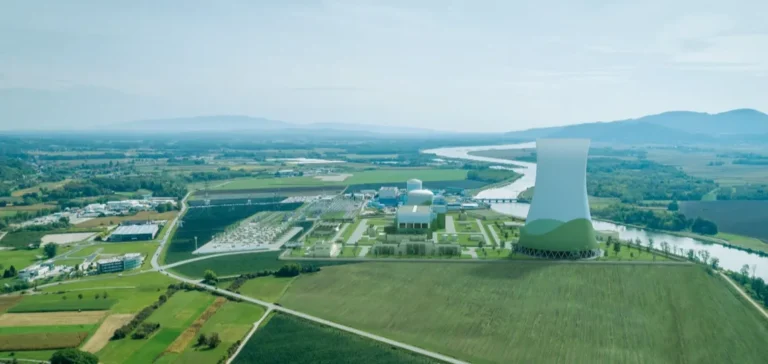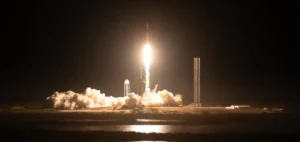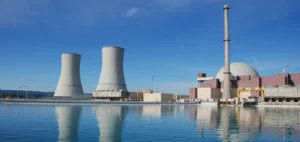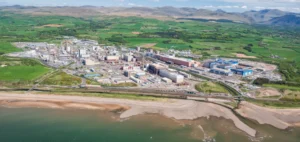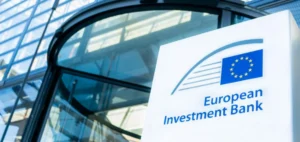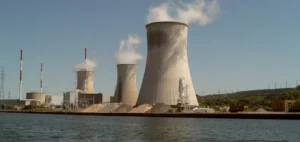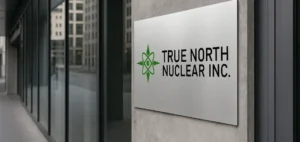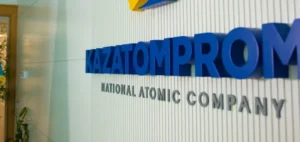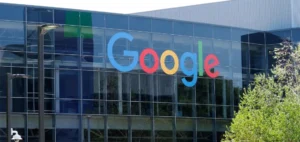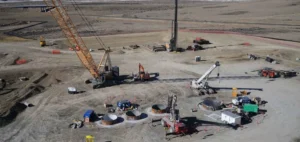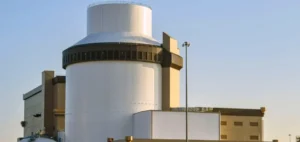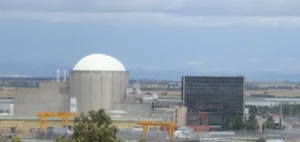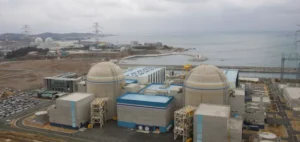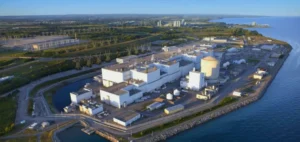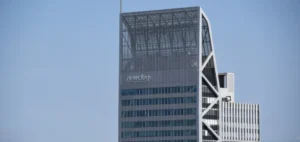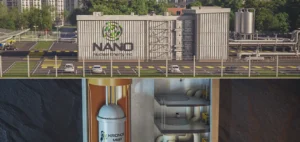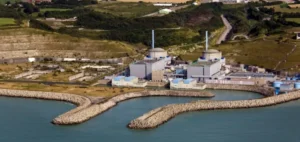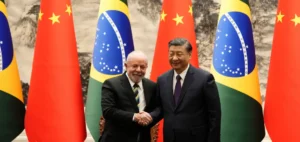Slovenia’s JEK2 nuclear project has reached a new milestone with the technical validation of two reactor designs. The AP1000 model from American firm Westinghouse and the EPR/EPR1200 designs from French utility Électricité de France (EDF) have been confirmed as suitable for the site planned near the Krško power plant. Project company JEK2 stated that both technologies can be integrated into the existing environment in compliance with seismic and hydrological requirements.
A budget envelope exceeding EUR15bn at stake
According to updated estimates, investment costs range between EUR9.314bn ($10.1bn) for a 1,000 MW unit and EUR15.371bn ($16.66bn) for a 1,650 MW unit. The project foresees the construction of one or two reactors, with a total maximum capacity of 2,400 MW. The new facility would complement the current Krško plant, which has a capacity of 696 MW and is jointly operated by Croatia and Slovenia through Nuklearna Elektrarna Krško.
Both suppliers are offering a standard plant lifespan of 60 years, with an extension to 80 years possible. They also emphasised the need to continue technical studies to reduce uncertainty before final commercial offers are submitted. These recommendations include seismic analysis and a radiological study, either underway or scheduled in the coming months.
Structured yet uncertain timeline
The tentative timeline foresees a final investment decision in 2029, construction starting in 2033, and commercial operations beginning in 2041. The Slovenian government had initially planned a referendum in 2024, which was later postponed due to political disagreements. Prime Minister Robert Golob reiterated his commitment to hold a public vote before any final investment decision.
At a press briefing, GEN energija’s Business Director, Bruno Glaser, outlined the progress of national spatial planning procedures and environmental assessments. He said public consultation is ongoing until the end of September, while the radiological study report is expected in October.
Economic assessment and regional outlook
GEN energija estimates the lowest economically viable cost of electricity from JEK2 at EUR70.2/MWh. An alternative estimate of EUR107/MWh from Youth for Climate Justice reflects different assumptions about capital costs. GEN energija also highlighted the project’s potential economic benefits at both national and regional levels.
A third initially expected bidder, Korea Hydro and Nuclear Power, withdrew before the technical feasibility study phase. The JEK2 project now hinges on two industrial proposals with distinct technological profiles, amid strategic competition over Slovenia’s energy future.


